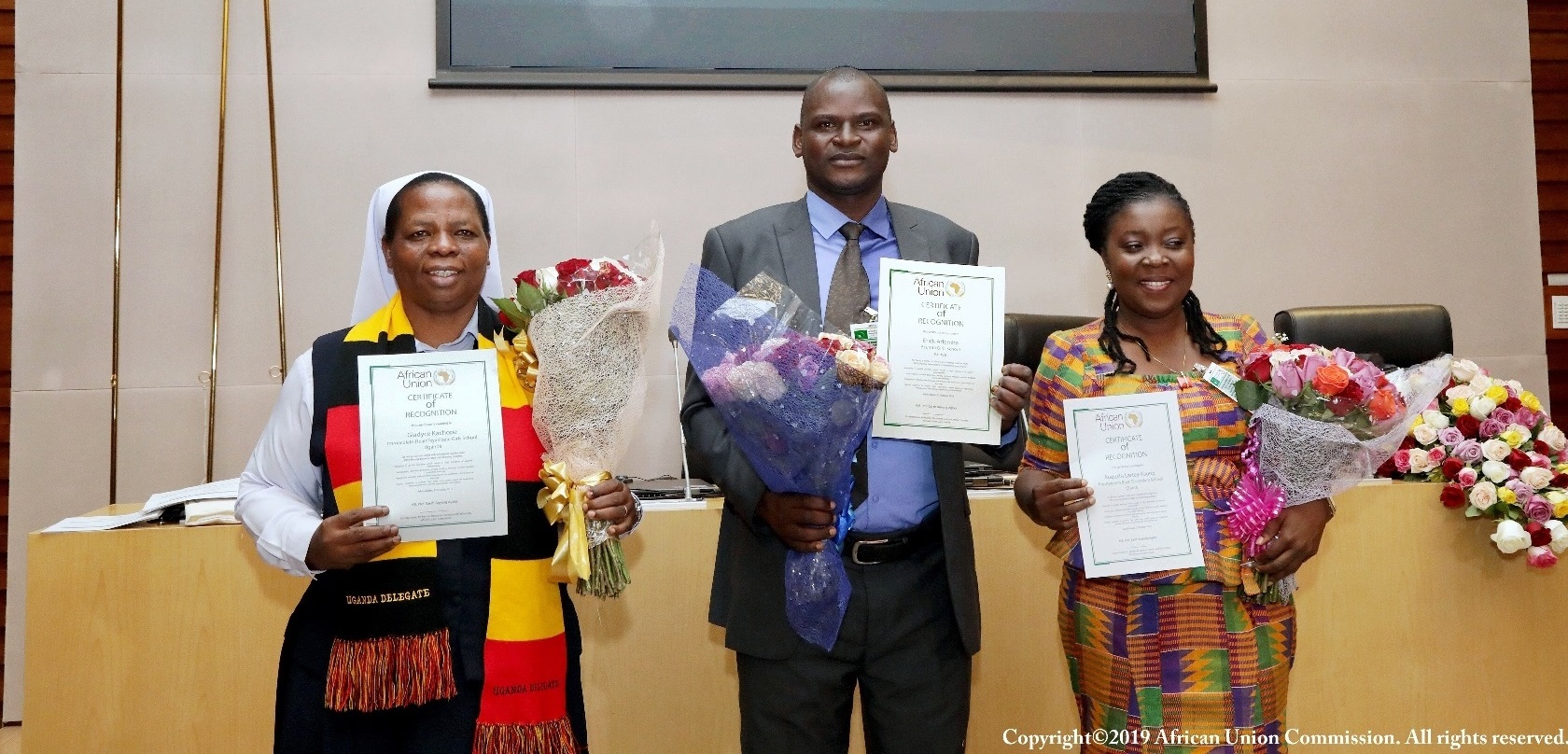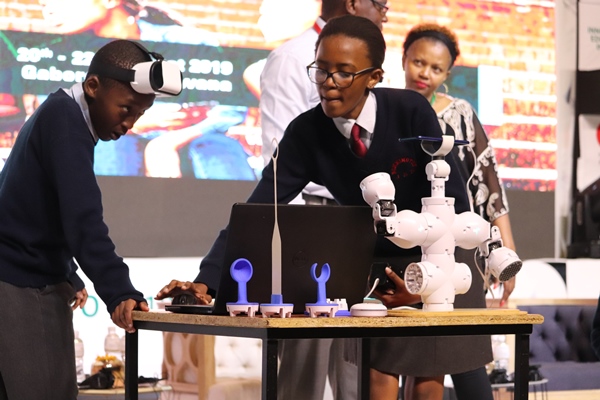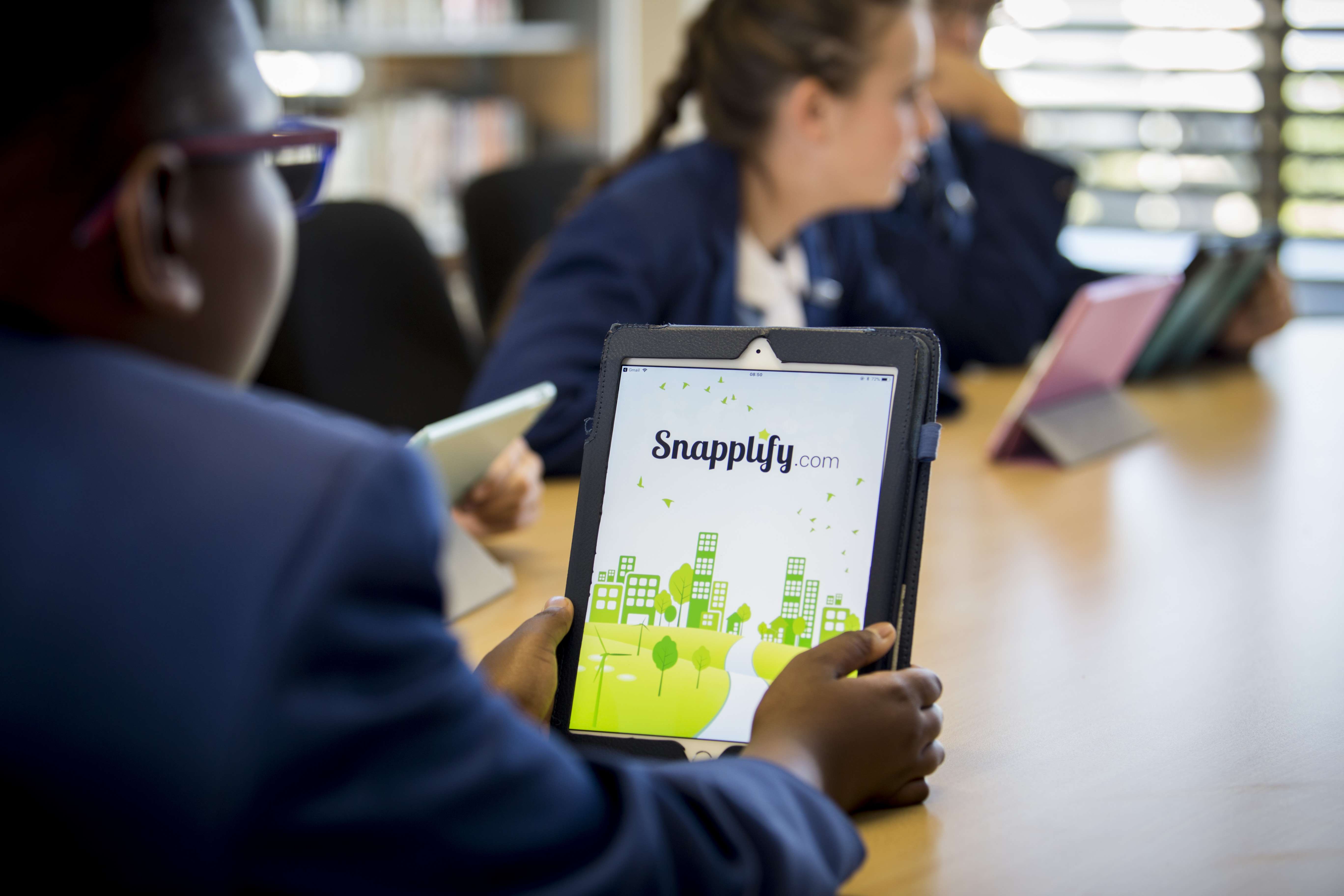
Title of Innovation: Snapplify
Year of implementation: 2012
Website: www.snapplify.com
Implemented by: Snapplify
Country/Countries where the Innovation is being implemented: Kenya, South Africa
Problem being solved
Snapplify is at the forefront of edtech innovations in Africa, and specialises in enabling digital learning for individuals and institutions by establishing a marketplace for digital education content, related educational services, and devices. Snapplify for Education refers to a suite of products for digital reading and e-learning that are transforming classrooms by empowering teachers and students to teach and learn, digitally.
While technology has the potential to transform classrooms around the world, the adoption of digital and blended learning in emerging markets comes with unique challenges. As such, we’ve taken care to ensure that our offering is world-class, but appropriate and relevant for use in classrooms across Africa. Snapplify has worked hard to supply realistic solutions to curb the challenges faced by primary, secondary and tertiary institutions, and built a tried-and-tested sales and rollout model that can be replicated in any region.
As a pan-African edtech company, Snapplify strives for radical inclusion to level the playing field and equip individuals across emerging markets with the world-class tools they need to collaborate, innovate and thrive. Since its establishment in 2012, the company has grown and expanded into new markets in Africa and the United States, with offices across South Africa, as well as in Nairobi, Amsterdam and New Jersey.
Description of innovation
Snapplify for Education’s award-winning platform (Engage) is already a top choice for institutions integrating digital education into their classrooms. From software to support, Snapplify provides institutions with everything they need to create a secure, collaborative e-learning environment for students. Through Snapplify’s award-winning e-learning and digital library solution, the Engage, educators can share teacher-created, multimedia resource materials with students; administrators can manage the access and permissions for multiple student and staff accounts; schools can host their own 24-hour access digital content library (which comes with over 50 000 free resources including study guides, e-textbooks, past exam papers for multiple curricula, children’s books in African languages and more); and students and parents can purchase prescribed e-textbooks. The Snappbox, Snapplify’s hardware distribution solution for ebooks, allows schools with limited or no connectivity to access learning materials, saving data and download time. Snapplify’s diversity of device integration allows schools to use its products on the devices that they already have access to, without having to invest in costly digital infrastructure upgrades. Snapplify’s solutions are industry celebrated and globally recognised for their innovation in technology.
Outcomes and Impact
Thousands of schools and hundreds of thousands of users are already registered to use Snapplify solutions.
To date, Snapplify has built the largest catalogue of local and international e-textbooks in Africa, in partnership with local and international publishers. This means that our catalogue is diverse, widely applicable for schools across multiple regions, and constantly growing.
Over the past few years, we’ve taken great pride in being included among other industry experts in discussions about the future of education in Africa. We frequently engage in insightful conversations with government and other key stakeholders in South Africa, Kenya and further afield, so that we can work together to improve access to digital education. We have met with United Nations policy makers; participated in the Innovating Education in Africa expo twice and been officially recognised by the African Union as one of Africa’s most promising education innovations. In support of national-level goals for the education sector, we are also working on a project that is set to bring technology and e-learning to all public schools in South Africa's Gauteng province. This is the largest national-level intervention in digital education in South Africa at this time.
Snapplify has won multiple global awards for its innovation in technology. The company was a Bett Award (2020) finalist in the Innovator of the Year category, and was named the overall winner of the Africa Region Gold Award at the 2020 Reimagine Education Conference and Awards in London. This follows Snapplify’s success at the 2019 Reimagine Education Conference in San Francisco, where the company won the Overall EdTech Award and a Reimagine Education Award in the E-learning category. At the time, Nunzio Quacquarelli, CEO of QS Quacquarelli Symonds and co-founder of Reimagine Education, noted that Snapplify was selected by the expert panel of international judges for ‘compellingly demonstrating its capacity to scale effectively to hundreds of thousands of users – especially on a continent where infrastructure development is still frequently limited. In addition, its emphasis on improving affordability was commended highly, and we believe that learners in Africa will benefit hugely – and in their millions – from Snapplify’s innovative approach to enhancing e-learning. It is user-friendly, learner-centric, and is doing admirable work to bring more and more schools into the digital age.’
Potential to be scaled and replicated
Free registration & 50 000 free resources to get you started
As part of our commitment to tackle issues around access and give schools the opportunity to explore digital learning at no cost, Snapplify has released a free version of our Engage e-learning platform. Engage combines Snapplify’s collaborative e-learning products into one platform, allowing educators to share teacher-created, multimedia resource materials with students, and giving schools access to their own robust digital content library. Now, using Engage Basic, any institution can register online, for free, and get started immediately with over 50 000 free resources. This directly impacts access to educational materials on the continent and gives more students the opportunity to pursue their personal and professional goals. Plus, digital learning and reading platforms enable educators and students to engage with content, and each other, like never before while simultaneously working on technology soft skills required for tertiary education and the modern workplace.
The response to the launch of the free platform has been overwhelmingly positive, with registrations from institutions across the globe, including Nigeria, Ghana, Egypt, Zimbabwe, Ethiopia, Tanzania, Mauritius and more – an impressive footprint that shows that we are tapping into and meeting the existing needs of the market. In turn, this broad reach will help us better understand commonalities in regional needs, and align our work with those needs for our next growth phase. Educational institutions are engaged and actively searching for high-quality education tools that overcome a variety of barriers specific to emerging market schools, and that offer access to broad, curriculum-appropriate content.
Any school can register for Engage at engage.snapplify.com/get-started
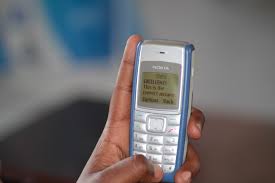
Title of Innovation: Eneza Education
Year of implementation: N/A
Website: www.enezaeducation.com
Implemented by: Eneza Education
Country/Countries where the Innovation is being implemented: Côte d'Ivoire, Ghana, Kenya
Problem being solved
4 out of 5 Adults in English-speaking Africa don’t finish high school. According to UNICEF data, only 96% of the primary school students survive the last class of primary school. Out of the 32% of students who qualify to be placed in a secondary school, only 40% of them actually attend secondary school. This means that only a maximum of 12% of users get an opportunity to finish high school. Students in school still have problems acquiring textbooks/learning materials and individual feedback from teachers.
Based on a Brookings Institution Africa Learning Barometer, out of Africa’s 128 million school-aged children, 17 million will never attend school. 37 million African children will learn so little while in they are in school that they will not be much better off than those kids who never attend school.
Description of innovation
Eneza has developed a technology platform that allows primary and secondary students, their parents, and teachers to access local, relevant, affordable academic courses and study tools by SMS, online and mobile applications.
With Eneza, students have the ability to supplement their classroom studies at home by taking lessons & assessments with individualised feedback on correct and incorrect answers. They also access additional sources of educational content/tutoring, such as Wikipedia and asking questions to live teachers.
Users can access all these for affordable daily, weekly and monthly subscriptions charged from mobile airtime in partnership with mobile telecommunications companies like Safaricom in Kenya, MTN in Ghana and Orange in Ivory Coast.
An active monthly subscription allows a user to access all content from Grade 4 to Grade 12 without restriction on consumption or SMS messages.
Potential to be scaled and replicated
B2C Market:
Mass markets are billed through airtime once they select a subscription package (daily, weekly and monthly subscriptions). This gives them unlimited content for the period they have subscribed for.
B2B Market:
Corporates can get either a sponsorship deal which costs $26 per user per year. With this, a select group of users can engage with Eneza’s content for free for a 1-year period.
Eneza’s beneficiary package costs $26 per user per year. With this, corporates can create their own content and distribute it to their cohort of users.
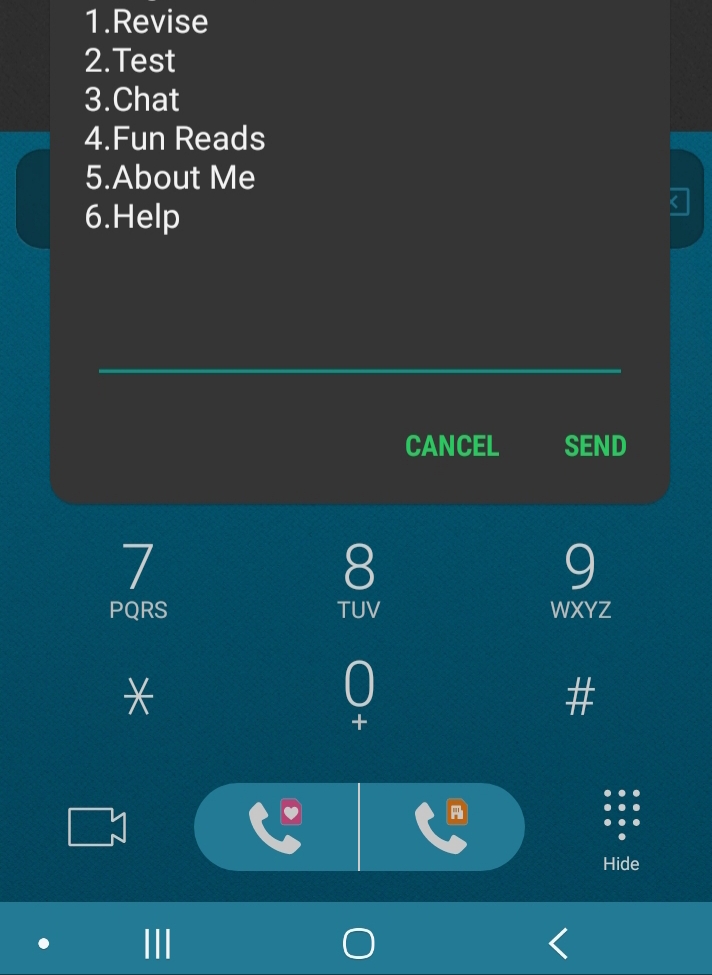
Title of Innovation: CEA
Year of implementation: 2019
Website: N/A
Implemented by: Conexus PTY LTD
Country/Countries where the Innovation is being implemented: Botswana
Problem being solved
The Conexus Educational App (CEA pronounced “see”), a USSD based mobile app that was recently launched in Botswana to address the issues of accessibility, inclusivity and affordability to quality education. We want each student to succeed, achieve, make progress and excel, regardless of their cultural background, socio-economic status or geographic location.
Description of innovation
CEA helps students to revise material, assess and test their knowledge, compete with their peers in healthy in-app competitions, chat with their friends, ask tutors questions and get responses, it informs students about their world in the form of student news, alerts students about new developments especially in science and technology, it gives them access to the national syllabus and it provides them with fun facts about their learning world. Students receive immediate step-by-step feedback about their performance, including a generated report card (statistics) to extensively track and monitor their progress. Students also receive recommendations, to know which materials to revisit, and with practice, they can overcome these identified weaknesses. The app also provides students with exam prep strategies via exam/study tips to ensure they prepare well for upcoming in-class tests and/or national exams.
Internet connectivity in Botswana is limited and a handful of homes have a computer at home. On the contrary, mobile penetration is increasing exponentially. In other communities, the access to learning resource facilities (e.g. libraries) is either limited or unavailable; the same can be said for other communities across Africa. CEA however, welcomes and allows students to access curriculum aligned materials, at their convenience, wherever they are, via any phone, be it a feature phone or a smartphone.
Outcomes and Impact
During the first month of launch, we had over 15000 students subscribed and actively engaged. Students enjoy the dynamic and personalized learning experience and actively participate without fear, and continually challenge other students (perhaps parents too) in the in-app student competitions. Companies and individuals offering tutoring services have also contacted us to implement the use of the platform for their tutoring sessions.
Potential to be scaled and replicated
CEA will evolve into a Web based application, but will however maintain the subscription based model. It will include interactive, multimedia-rich content, such as audio and video content, electronic worksheets and games and also integrate the use of assistive technologies such as text-to-speech capabilities in order to meet the unique needs of students with learning disabilities/difficulties. The project can be scaled and integrated seamlessly into the education systems of other African states.
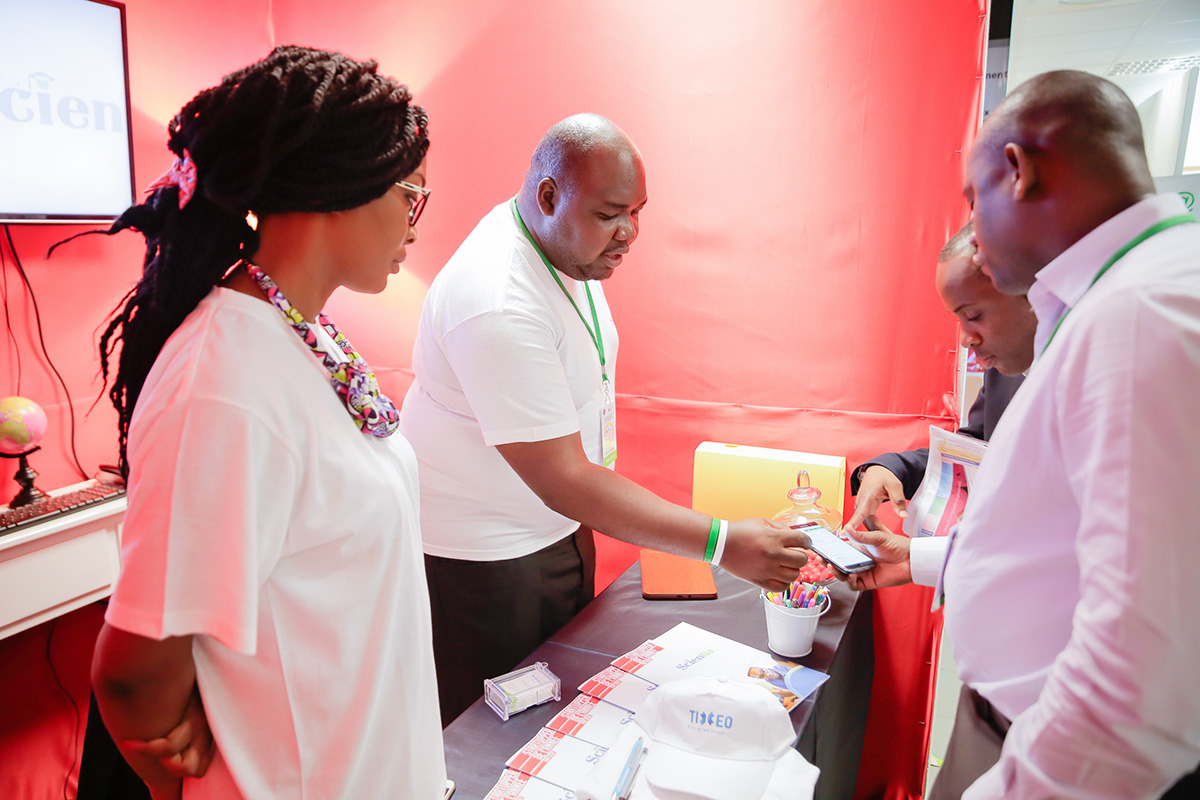
Title of Innovation: Scientia
Year of implementation: 2016
Website: www.scientia-gabon.com
Implemented by: Scientia
Country/Countries where the Innovation is being implemented: Gabon
Problem being solved
The problems that Scientia is addressing are the very high rate of academic failure in Gabon and Africa and the poor quality of educational content in Africa which is no longer in line with their needs of today and tomorrow.
Description of innovation
An efficient solution to guarantee academic success, Scientia is an easy-to-use platform accessible from your computer, tablet and/or smartphone connected to the Internet.
Scientia allows each actor of education (student, parent, teacher, administrative body of institutions and even the Ministry of Education) to have in real time all the information he needs to work effectively and thus guarantee the school success.
The platform is designed to monitor and evaluate the quality of the courses taught and the degree of assimilation of students. It also helps to identify and reveal potential student gaps, as well as to identify teachers' level of competence and ability to pass on knowledge.
The platform is also designed to bring parents back to the heart of their children's education by allowing them to follow the evolution and content of classes. They are automatically alerted by SMS alerts on absences, scheduled evaluations, homework, grades obtained.
We also provide help and support to teachers and educational staff with new technologies and future-ready skills content.
We work to grow the involvement of parents in the education of their children.
We also work to increase the use of new technologies in the education system.
Outcomes and Impact
The increase in the school success rate resulting from the improvement of the quality of monitoring and the quality of school content.
The empowerment of teachers and educational staff with new technologies and future-ready skills content with the support of Microsoft.
The growing involvement of parents in the education of their children.
The increasing use of new technologies in the education system.
Potential to be scaled and replicated
Scientia is a web platform available everywhere in the world. We are also connected with an SMS provider who allows us to send SMS everywhere in the world. All the training and courses that we provide are available on the platform.
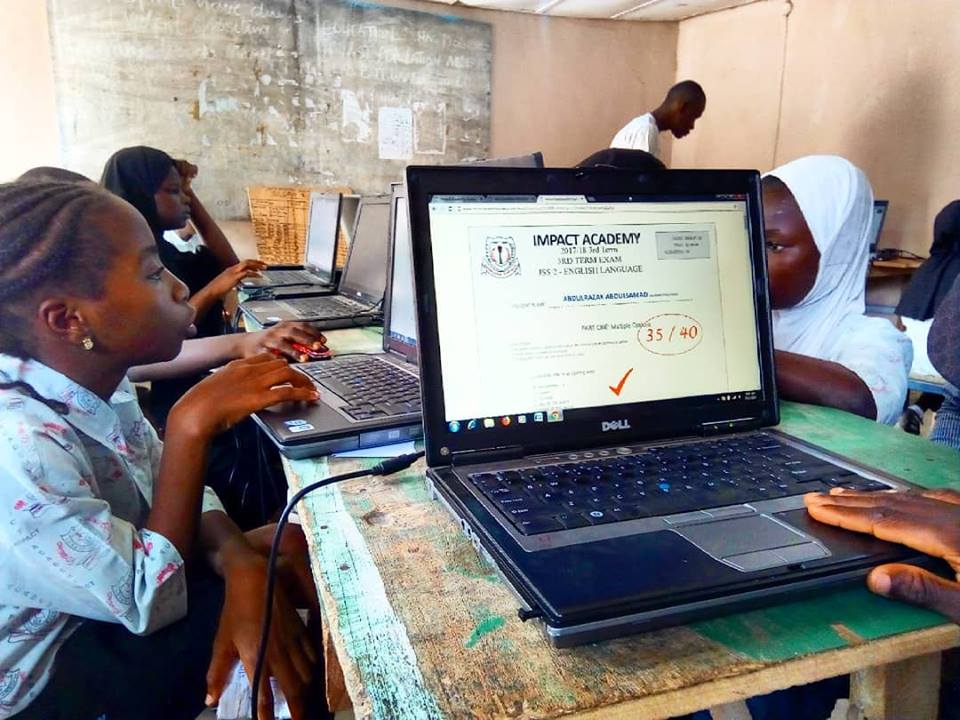
Title of Innovation: The iSchool CLOUD Artificial Intelligence Virtual School & MultiBOOK Framework
Year of implementation: 2010
Website: www.ischoolcloud.org
Implemented by: The iSchool CLOUD Framework
Country/Countries where the Innovation is being implemented: Nigeria
Problem being solved
Across Africa, the number of out-of-school children is escalating. Many among those that are in school are being tutored by incompetent teachers. As sub-standard private schools sprout up everywhere, it is rather impossible for governments to regulate, monitor and assess the quality of education from early years to primary, secondary and tertiary. And these non-government schools hardly use prescribed curricular and learning models. Textbooks that can be considered as adequate for learning in this age are way too expensive.
Description of innovation
The iSchool CLOUD Framework is a complete computerization solution for education.
By implementing simple but effective Artificial Intelligence and Virtual Reality concepts, It makes it possible for established schools to enroll hundreds of thousands of more students from outside their immediate geographical locations into their Virtual School programs.
This system allows standard schools to partner with individual tutors and smaller schools in remote locations and less-privileged areas, given them access to the schools' resources to use in their own classrooms.
For example, a village teacher that gathers his/her pupils under the shade of a tree can now connect to the virtual classroom of a bigger, established partner school (even in another country) and use their lesson plans and notes to teach his/her own pupils.
Not only that, these children (in remote, less-privelged areas) will be bonafide students of the partner schools as they will be enrolled into their systems and have all their leaning activities graded.
As for governments, The iSchool CLOUD now makes it possible for regulatory / supervisory officers to carry out their oversight functions remotely.
Inspectors can now sit back in their offices and access all crucial processes of all schools under their jurisdictions through the screen of their computers!
Also, The iSchool CLOUD is fast-tracking the evolution of textbooks with MultiBOOK Project. Presently, we are test-running the first 1,000 MultiBOOKs which are interactive, dynamic rich-multimedia contents for each topic in all major curricular for early years and primary / secondary schools.
Outcomes and Impact
Since 2010, we have put The iSchool CLOUD in some 23 private schools across Nigeria and it has helped most of these schools to cut their costs of operation by at least 50% while at the same time, helping them to increase their general efficiency rates by more than 100%!
Another area where The iSchool CLOUD is helping schools is the issue of teachers' incompetence. With the proactive AI assistance teacher feature, it helps teachers to avoid basic mistakes.
It also enables parents to get more involved in their children's day-to-day school lives as they can now take moments of work to check into their children's schools through the Internet!
Potential to be scaled and replicated
Already, we have started giving out The iSchool CLOUD to schools FREE! The only payments involved are the costs of dedicated web servers (since it's cloud-based), set up and training. To replicate the solution across the continent, we have concluded a self-deployment system that will enable schools to register and start using the solution immediately. We have also started working on a web-based training portal.
To upscale The iSchool CLOUD, we shall be moving into the next phase of the project which the bold ambition to put know-it-all, always-ready-to-display-any-information robots in the classrooms as assistants to the human teachers!
Page 1 of 2


